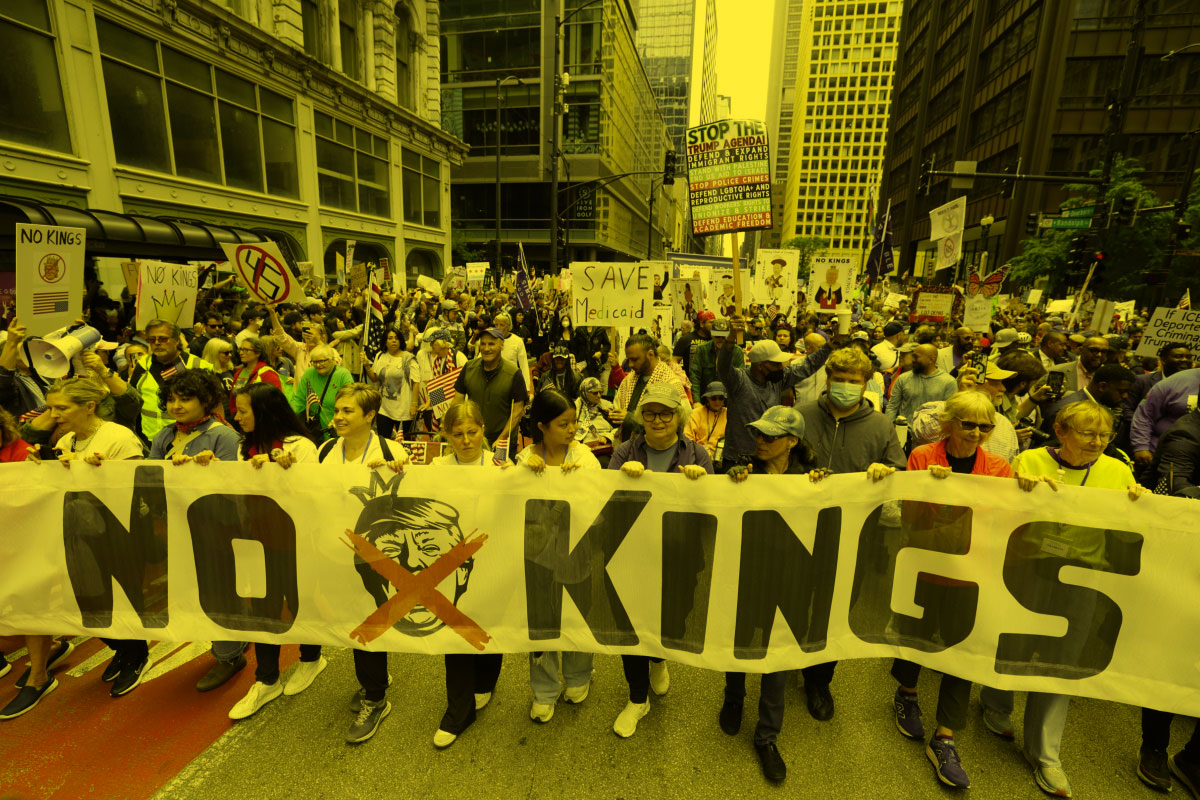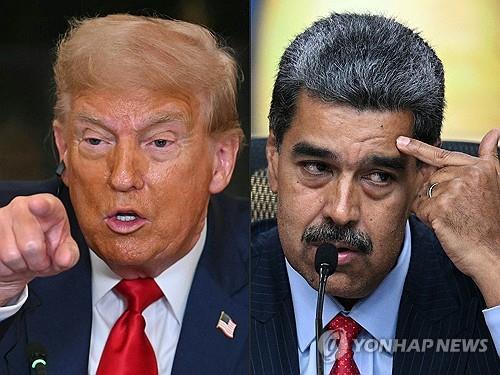
US ‘No Kings’ Day Resists ‘New Monarchy,’ Defends Democracy
The Revolutionary War liberated the nation from the rule of King George III, symbolizing the birth of popular sovereignty and establishing a state founded on the will of its citizens rather than on bloodline succession. Yet over two centuries later, the United States’ political landscape is eroded by paradox: Under its two-party political and democratic republican system, it has instead cultivated a “power structure” and “ideological monarchy” that is proving harder to check and balance than any monarchy.
In spirit, the United States historically opposes centralized power, personality cults, and lifelong authority in any shape or form. But today, that spirit has been distorted into a contradictory culture that is at once anti-authority and worships authority. The rise of Trumpism is the most classic example. The Republican grassroots shout that “We reject the deep state” and denounce the “Washington elite” a neo-aristocracy, yet they also see Donald Trump as a savior—a self-proclaimed “King of the People.” In a country that knows no monarch, the citizens themselves have created an “anti-king king.”
For its part, the Democratic Party promotes the spirit of “anti-monarchization” differently. In rejecting any absolute values in favor of diversity, inclusivity, and decentralization, it has inadvertently fostered the “totalitarianization of liberalism.” When strict freedom of speech replaces moral scrutiny; when historical heroes are toppled; and when the national flag is questioned as being a symbol of oppression, American society loses its shared values and cohesive beliefs.
The United States now faces a dilemma. The right wants to install a new “anti-establishment king,” while the left seeks to completely destroy all authority. Though seemingly at odds, in reality they are together eroding the cornerstones of democratic republicanism—reason and compromise. When society lacks a center and core that everyone respects, politics becomes an arena for faith and hatred.
The rise of democratic systems originally came about as a rebellion against absolute monarchies, springing from the concept of rational self-governance by the people. Yet the United States of today has transformed “anti-authoritarianism” into a new form of authority, and “freedom” into a rationale for chaos. The United States has no king, but it possesses politicians and media figures who aspire to kingship; it has no crown, yet countless individuals wear the ideological halo of self-righteousness.
Trump is without a doubt the most “monarchically inclined” president in American political history: He despises institutions, scorns traditions, demands absolute loyalty, and treats the machinery of the state as an extension of himself. He distrusts Congress, disrespects the media, and rejects judicial checks and balances.
More importantly, he has fashioned himself into a quasi-religious figure, as his followers see him as a savior persecuted by the deep state. And this is precisely what the U.S. “No Kings” movement rejects. A “new monarchy,” armed with populism and fueled by hatred. No political party has launched it, but it is composed of diverse grassroots forces, including academics, journalists, civil servants, courts of law, and even some rational Republicans. They understand that allowing Trump to continue posturing as “King of the People” will permanently distort the United States’ constitutional system.
True democracy is not about finding a leader who does your thinking for you; it is about finding a leader who insists on placing institutions above all else. When a leader tries to put himself above institutions, he has become a self-proclaimed monarch. Only this time, the king wears not a crown, but a red MAGA hat.
The author is identified as a professor at the University of Illinois Chicago.


